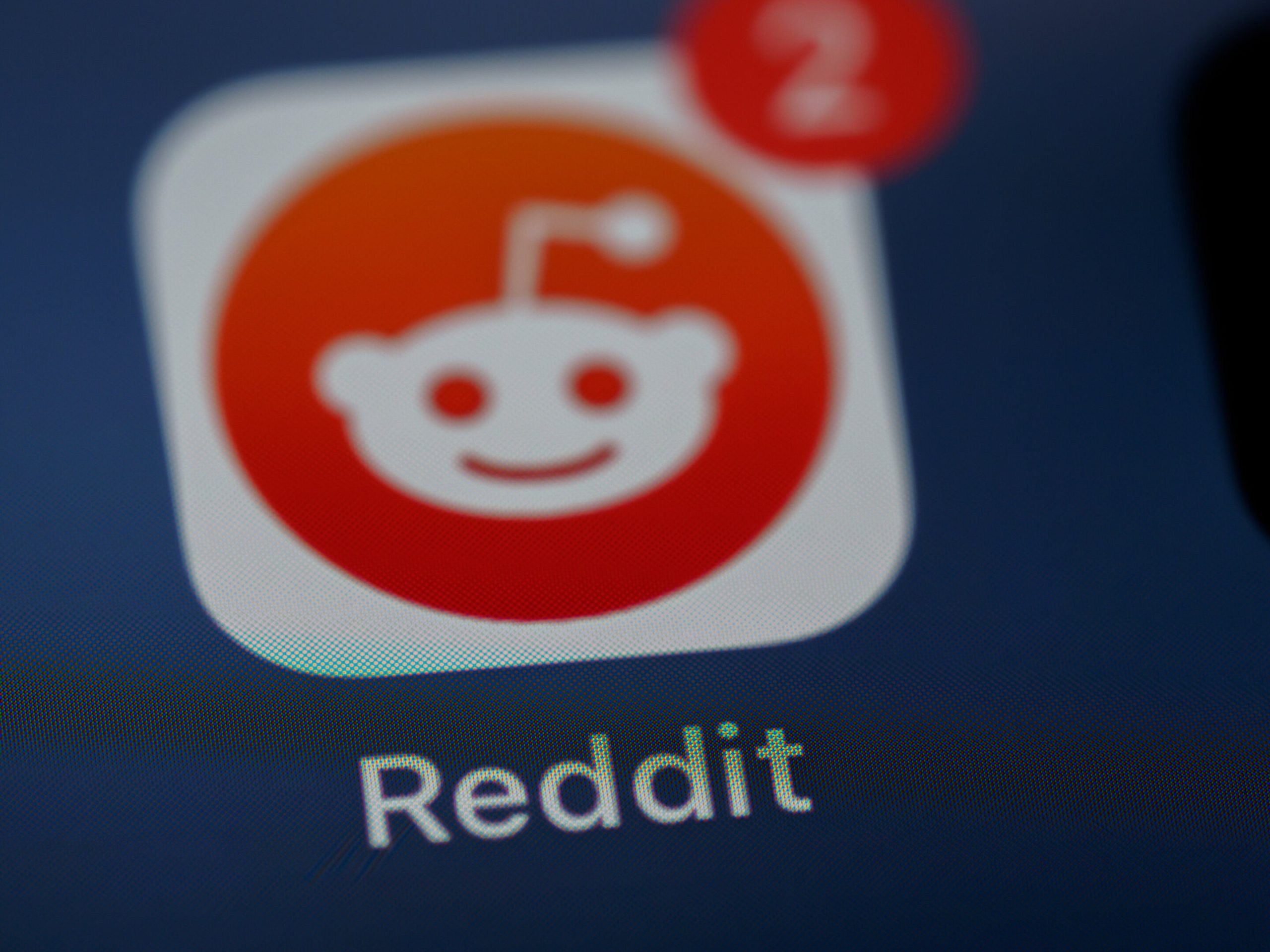Scientists have analysed millions of tweets to identify COVID-19 survivors living with post-traumatic stress disorder (PTSD) — demonstrating the effectiveness of using social media data as a tool for early screening and intervention.
The researchers constructed a data set of 3.96 million posts on Twitter, now known as X, from users who mentioned on their timeline that they were COVID positive at some point between March 2020 and November 2021.
Using machine learning classifiers, including Support Vector Machine (SVM), Naïve Bayes, K-Nearest Neighbor, and Random Forest, the team classified the posts as PTSD positive or negative — achieving an accuracy of 83.29% using SVM.
Publishing their findings in Scientific Reports, the international group of researchers highlight the significant mental health impact of COVID-19, emphasising the need for early detection and intervention for PTSD.
Co-author Professor Mark Lee, from the University of Birmingham, commented: “Our findings demonstrate that social media data can provide a valuable means of identifying people who are at risk of PTSD — enabling early screening and prompt medical action.
“With further research, the machine learning techniques used here could potentially be applied to provide early detection of other health issues.”
In analysing the tweets, the scientists identified being infected with COVID-19 as a triggering event. They then looked for symptoms under key factors including re-experiencing, hyperarousal, and avoidance behaviour searching for a range of keywords including:
- Flashbacks, nightmares, intrusions, panic, vivid dreams (re-experiencing)
- Agitated, startle, hypervigilant, irritable (hyperarousal)
- Avoid, avoidance (avoidance behaviour)
- Anxiety, depressed, suicidal thoughts, appetite, trauma, fatigue (other symptoms)
Tweets which had both their COVID-19 status as well as one of the PTSD keywords were considered as ‘PTSD Positive’. Tweets that mentioned PTSD keywords but in relation to other events rather than COVID-19 were deemed ‘PTSD Negative’.
Co-author Dr Mubashir Ali, from the University of Birmingham, commented: “We gained a greater understanding of users’ posting behaviour after they were diagnosed with COVID-19. Our analysis indicates that the pandemic took its toll on people’s mental health flagging the possible impact of symptoms such as anxiety, insomnia, and nightmares rampant among COVID-19 survivors.”
PTSD is a type of anxiety disorder that can develop in individuals who have experienced a traumatic event, such as a car accident, war, physical, emotional, or sexual abuse, a natural disaster, or any other life-altering experience. The WHO and the American Psychiatric Association (APA) both recognize PTSD as a legitimate condition.

